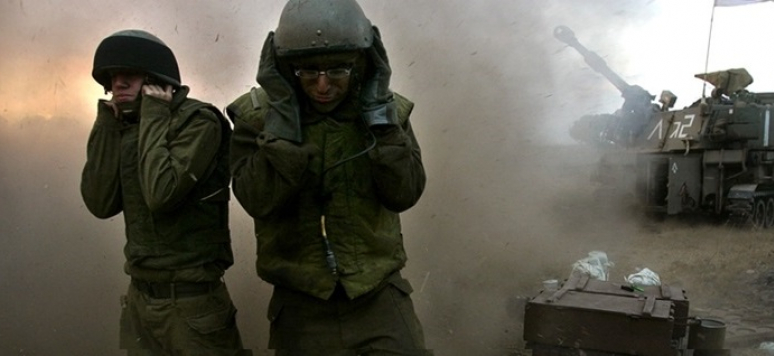Proliferation Papers - Syria and Beyond: The Future of the Chemical Weapons Threat Proliferation Papers, No. 51, December 2014

The use of chemical weapons (CW) in Syria and the decision to award the 2013 Nobel Peace Prize to the Organization for the Prohibition of Chemical Weapons (OPCW) reminded the international community that these weapons continue to represent a serious threat. The number of incidents of chemical attacks has been increasing in recent years, and efforts to curb CW programs – apart from the joint mission in Syria – have generally proven unsatisfactory.
This paper attempts to clarify our understanding of this threat, starting from the enduring rationale for states and non-state actors to acquire CW as means of deterrence and terror, against perceived external and internal threats. It reviews the strengths and weaknesses of the regime established by the Chemical Weapons Convention (CWC) and offers recommendations to reinforce our ability to prevent further proliferation and better deal with issues of noncompliance. It finally highlights lessons from the Syrian case of coercive disarmament in terms of strategic credibility and enforcement of disarmament measures in a civil war context.
